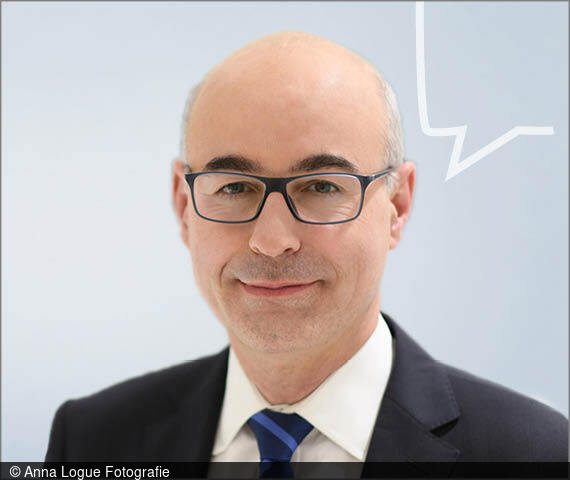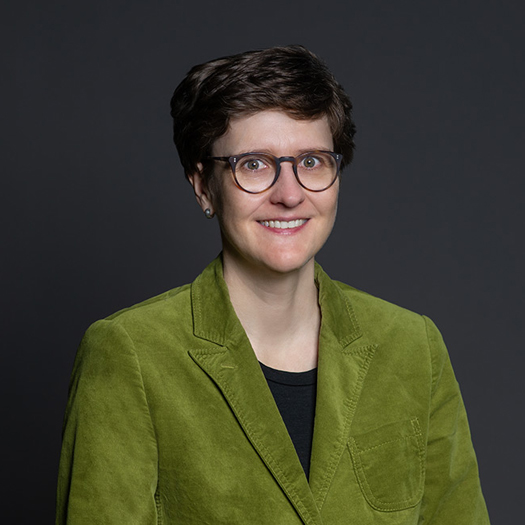Ensuring Secure Energy Supply
OpinionBy Achim Wambach and Marion Ott
The rapid expansion of renewables has created new challenges for security of supply. Long-term forward contracts could help to address them.
Germany’s power supply is currently one of the most reliable in the world. In 2018, the average annual interruption was only 14 minutes per customer, one of the lowest levels in Europe. Achieving such reliability requires occasional regulating interventions, though they largely go unnoticed. On a Saturday evening this past August, demand was so high that it could not be met by the domestic power plant reserve or by imports from neighbouring countries. In response, several industrial customers shut off their power, as agreed in advance, to avoid power outages.
The disastrous consequences of power outages were on full display in the US state of Texas earlier this year. During four unusually cold February days, the Texas power system was unable to supply several regions with adequate electricity. More than one hundred and fifty people died, most freezing to death after their heating failed. The property damage totalled in the billions of dollars.
By 2030, renewable energy is expected to make up around two-thirds of Germany’s electricity supply. There is reason for concern that power outages will increase after the phase-out of coal and nuclear power and the expansion of wind and solar, as wind and solar power generation can only be controlled to a limited extent. What happens on overcast, wind-calm days? Meeting demand when intermittent renewables are not available will likely play a prominent role in energy policy, alongside the expansion of wind and solar generation capacities and grid expansion.
German political parties mostly agree that a major increase in electricity demand can be expected in the future, for example due to the expanded adoption of electric vehicles. Their campaign platforms promise to meet future demand by expanding renewables and improving power grids, and by using hydrogen and other forms of storage to ensure a secure supply of energy.
These technologies are limited or far from market-ready, however. The design of the electricity markets will therefore play an important role in preserving security of supply. A suitable market design can incentivise the expansion of capacity for secure generation and for the choice of technologies that kick in when the power grid is stressed.
While many countries, including France and England, have introduced a capacity market in addition to the electricity market to guarantee sufficient and reliable generation capacity, the German government has opted for a so-called energy-only market: generators sell their electricity on the nation-wide market, and the price rises when electricity is scarce. The expectation of price peaks will incentivise companies to invest in new capacity of reliable power generation, the logic goes. For the time being, Germany will keep some coal-fired power plants, which are, however, excluded from participation in the electricity markets, in reserve to maintain security of supply.
Some have disputed whether an energy-only market is sufficient to ensure the adequacy of resources for security of supply. Instead of introducing a capacity market, the introduction of mandated, standardised long-term forward contracts has been suggested as an instrument to guarantee security of supply. With these forward contracts, generators would commit years in advance of the time of delivery to provide the energy. The total volume of the contracts would cover the majority of electricity demand at the time of delivery. Volume adjustments and make-or-buy decisions to meet the obligation are then made in short-term markets. The long-term contracts give producers greater quantity and revenue security, two prerequisites for investments in security of supply. The decisions about the necessary generation capacities and the appropriate mix of generation technologies would rest more with the market participants than is the case with capacity markets, where regulators specify the capacities and, in some cases, also the technologies to be remunerated.
The three-fold objective of German energy policy is a sustainable, affordable, and secure energy provision. To meet the third goal, the German government should consider using mandated long-term contracts and their integration in the energy-only market.


